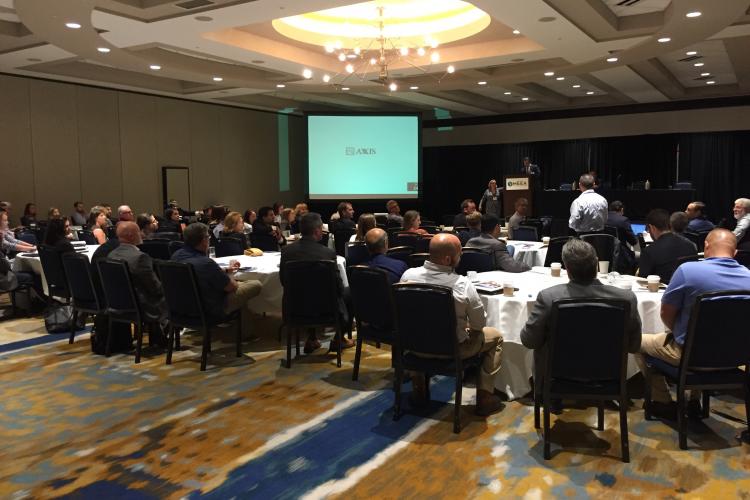Kentucky
A Historic Tie, One House Flipped and Several Supermajorities: Election Results in the Midwest
Energy Markets 102: Energy Efficiency Participation in PJM’s Capacity Market
In our recent blog post Energy Markets 101: Regional Transmission Organizations, Independent System Operators and Energy Efficiency we discussed Regional Transmission Organizations (RTOs), Independent System Operators (ISOs) and wholesale electricity markets. If you’re not familiar with the RTOs and their capacity markets, go back and read Part 1. In this follow up, we’ll dive into how energy efficiency has historically participated in PJM’s capacity market and recent complaints filed with the Federal Energy Regulatory Commission (FERC) in more detail.
Efficiency Rundown in the U.S. Energy and Employment Report
It is imperative that opportunities to tackle climate change and create well-paying jobs in the United States exist concurrently. As the country’s economy changes and the prevalence of carbon-free energy sources grows, it has become increasingly important to understand how employment in the energy sector is also growing and changing. The U.S.
With BOC, Kentucky is on the Fast Track to Commercial Energy Savings
2018 marked the first time that a Building Operator Certification (BOC) series was held in the Bluegrass State. Kentucky’s Energy and Environment Cabinet (EEC) provided funding that subsidized the cost of tuition for students in 2018 while helping MEEA get the training off the ground and established in the state.
MEEA Members Gather for 2018 Annual Meeting
New Research: Industrial Opt-Outs Undermine Energy Savings
MEEA’s Guide to Stakeholder Collaboration
As a membership organization that includes utilities, businesses, advocates and government agencies, MEEA knows the power of collaboration. Time and again, we’ve seen first-hand that when diverse groups sit down at the table together, we’re able to harness our collective expertise and experience to find solutions that work for everyone.
And we’re not the only ones who think collaboration is a powerful tool. Several states in the Midwest currently convene collaborative groups to promote energy efficiency.
Setting the PACE in the Midwest
Property assessed clean energy (PACE) financing is off and running in the Midwest. PACE enables homeowners and commercial building owners to finance energy efficiency improvements through a special assessment on their property that is paid back through their tax bill. To date, there are 15 active PACE programs in the MEEA footprint. PACE-enabling legislation exists in Minnesota, Wisconsin, Michigan, Missouri, Kentucky, Ohio and Nebraska, and legislation in Illinois has passed both state legislative houses and is awaiting the governor’s signature.
Zero Energy Public Buildings in the Midwest
Net-zero energy (NZE)buildings come in all shapes and sizes and can be found in every climate zone. The Midwest is home to many NZE buildings, and public buildings are helping to lead the way.
The New Buildings Institute compiled the 2016 List of Zero Net Energy Buildings report, which lists the current net-zero energy buildings across the country. Below are a few Midwestern NZE public buildings discussed on a recent MEEA policy webinar.*









